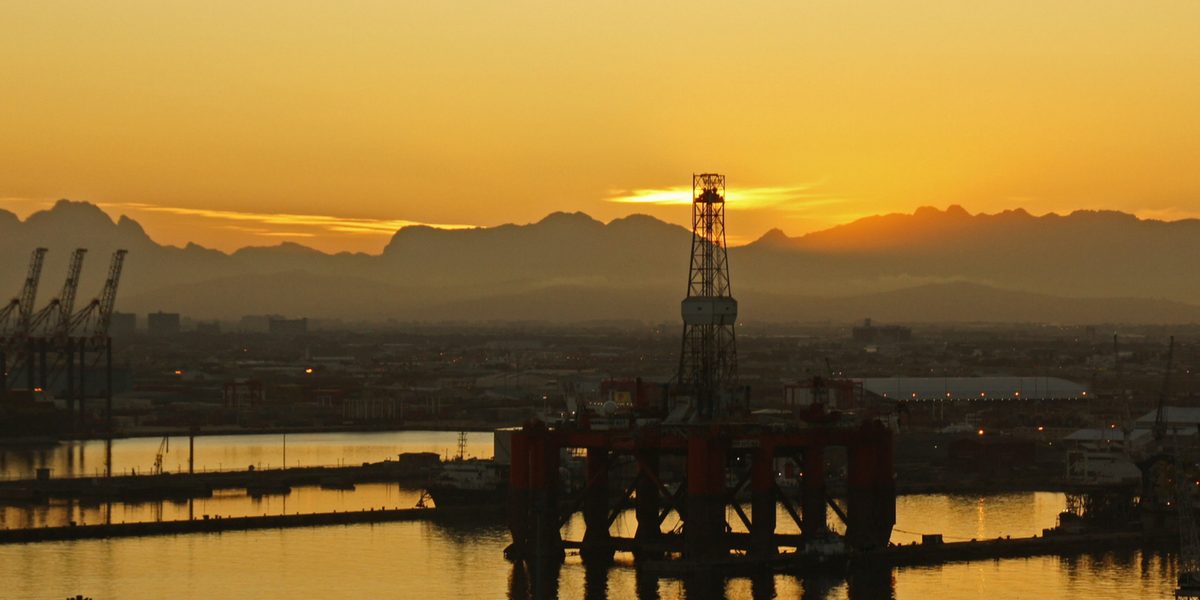Ocean services include not only delivery of industries such as fisheries, mining, transport and tourism but also regulation of air quality and moderation of climate change impacts. However, ocean health is at risk owing to escalating anthropogenic threats, and ocean space is becoming crowded, creating conflict between activities.
Marine Spatial Planning (MSP) aims to mediate between economy drivers to prevent activities overstepping environmentally supportable thresholds and undermining the ability of the ocean to keep the planet habitable. Within MSP frameworks, marine protected areas (MPAs) are essential tools to manageuncertainty, promote ocean health and support resilient economies. They are important means of reducing ocean risk from anthropogenic impacts, providing long-term insurance against short-term threats. They provide refuges for threatened species, allow damaged ecosystems to recover and help rebuild collapsed fish stocks. They offer direct economic and social benefits to people, as well as climate mitigation services.
The importance of MPAs is recognised in UN global area targets (10% by 2020). This policy briefing explores the importance of expanding South Africa’s MPA network to promote socio-ecological resilience and highlights benefits that MPAs can provide to a developing country striving to unlock economic opportunities in a sustainable manner.








